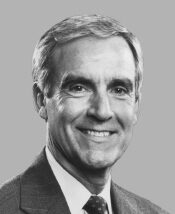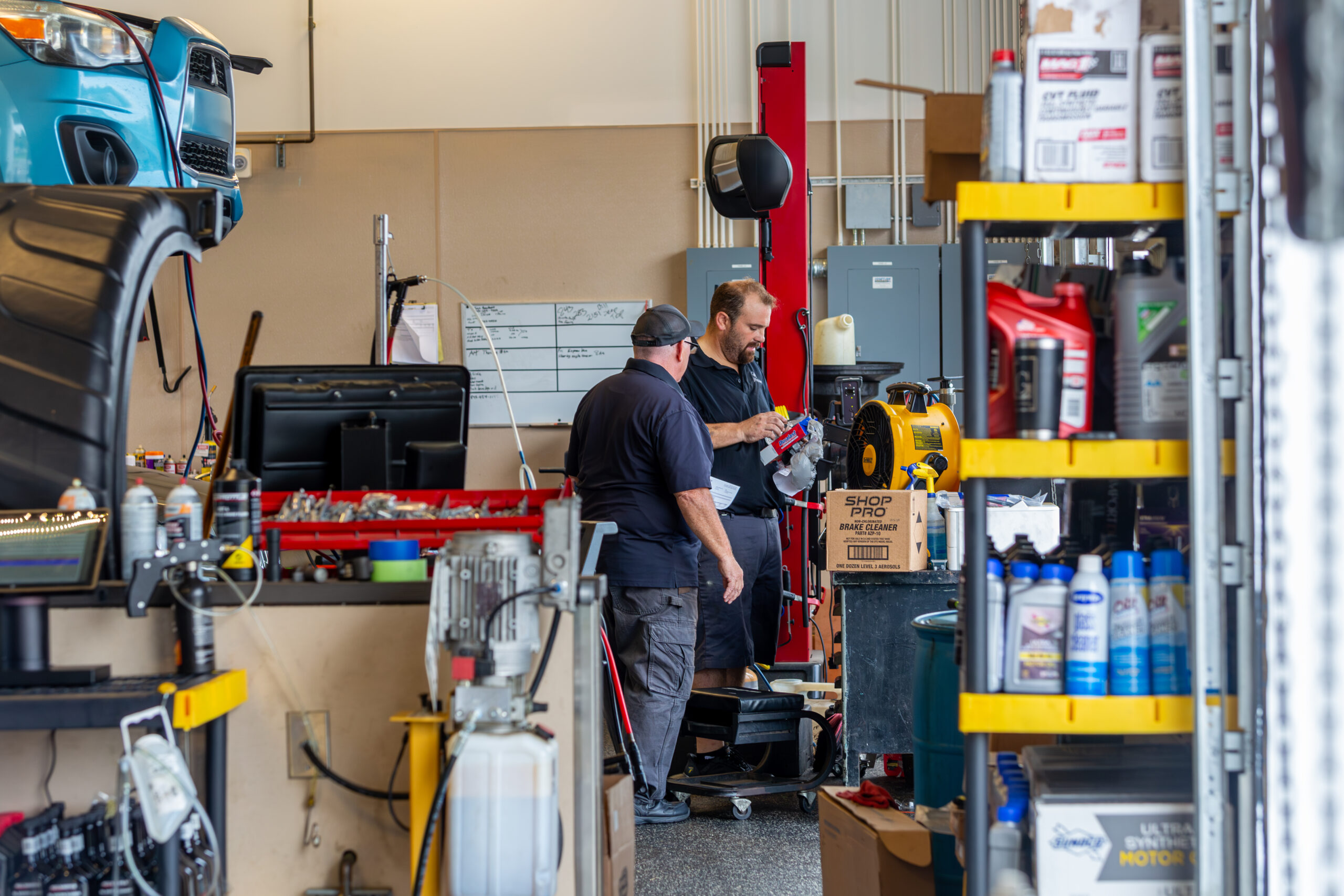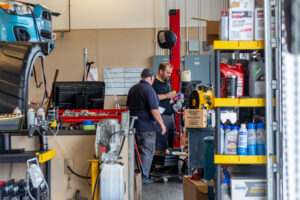Vietnam Prisoner of War, U.S. Congressman Under the Clinton Administration
by Melissa LaScaleia
Douglas Peterson was born on June 26, 1935, in Omaha, Nebraska, and was raised in both Nebraska and Milton, Iowa. He attended college at the University of Tampa. On November 5, 1954, he enlisted in the U.S. Air Force; he became a second lieutenant in 1956. Over his twenty-six year military career, he would serve as a fighter pilot, instructor pilot, and resource manager.
Douglas initially served as an F-84 pilot with the 612th Fighter-Bomber Squadron at England Air Force Base, Louisiana, and then as an F-100 Super Sabre pilot with the 22nd Fighter-Day Squadron in West Germany. In 1966, during the Vietnam War, he was stationed with the 433rd Tactical Fighter Squadron at Ubon Royal Thai Air Force Base, Thailand. On September 10 of that same year, on his 67th mission over North Vietnam, his F-4 Phantom II fighter plane was shot down and he was captured by the North Vietnamese. He remained imprisoned for the next six years, a period of time which he described as being insufferably boring and part terrifying. He was released, March 4, 1973.
From July 1975 to September 1978, he served as Chief of Operations Plans for the 354th Tactical Fighter Wing and then as Deputy Commander of the 354th Combat Support Group at Myrtle Beach Air Force Base, South Carolina. His final assignment was as commander of the 4th Combat Support Group at Semour Johnson Air Force Base, in North Carolina. He retired in 1981 as a full colonel.
After retirement, he earned a Ph.D in finance from Central Michigan University. He started his own contracting firm in Tampa, Florida, and also started a company called CRT Computers. In 1985, he joined the faculty at Florida State University where he directed a specialized treatment program in the psychology department.
He spearheaded the creation of an innovative rehabilitation program for juvenile offenders at the Dozier School for Boys. In 1989, when Florida officials tried to close the school for financial reasons, Douglas fought hard for funding and succeeded in keeping the school open. That struggle, and ensuing victory in preserving what he believed made a positive impact on society, inspired him to enter politics.
He served as a congressman in the U.S. House of Representatives for Florida’s 2nd Congressional District from January 1991 to January 1997. And he was appointed the first post-war Ambassador to Vietnam on April 11, 1997, by President Clinton; he served until July 15, 2001. In 2000, Clinton presented him with the Presidential Citizens Medal.
Upon retirement, he moved to Melbourne, Australia to be closer to his Vietnamese-born wife’s family. In 2009, he acquired Australian citizenship. Peterson Street, which intersects with Hook Avenue in the Market Common, is named in his honor.

















